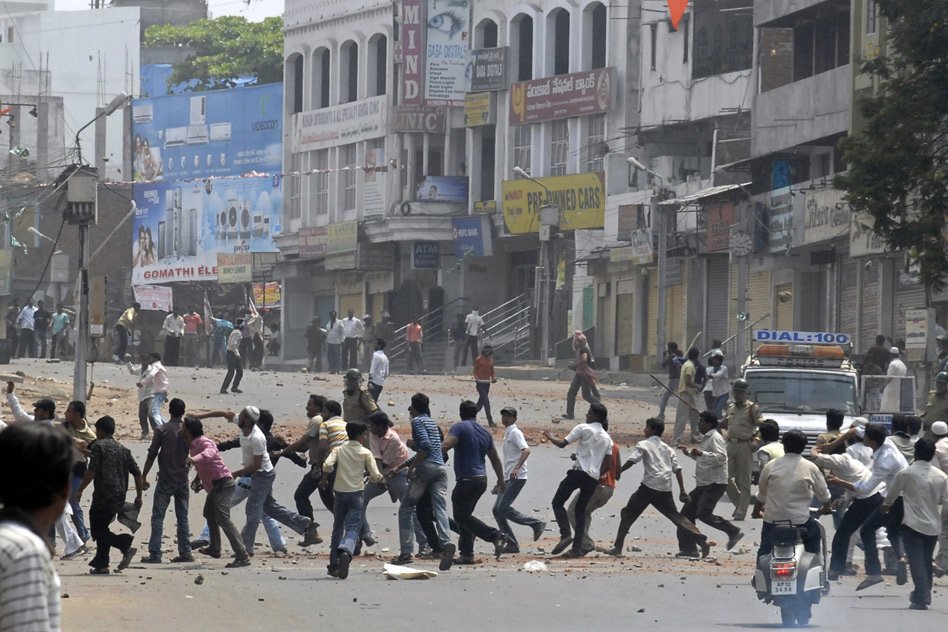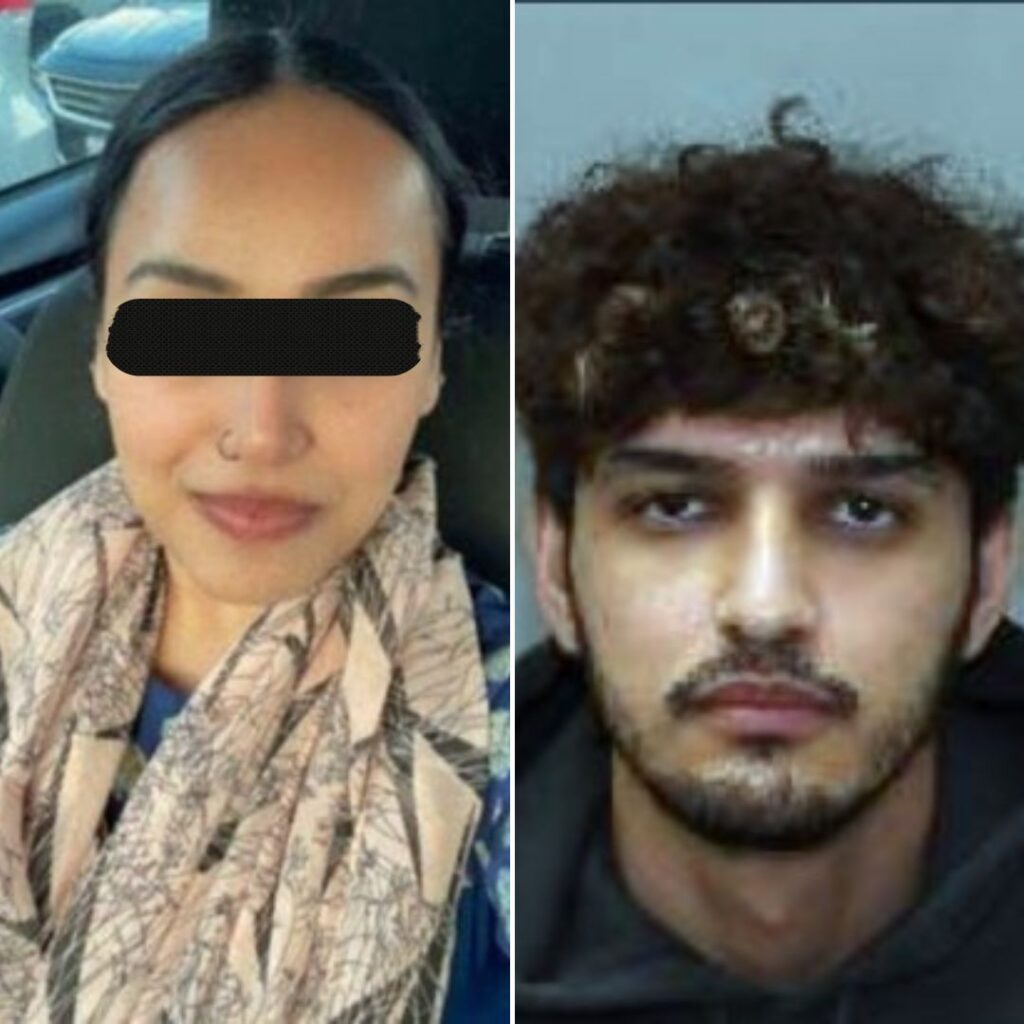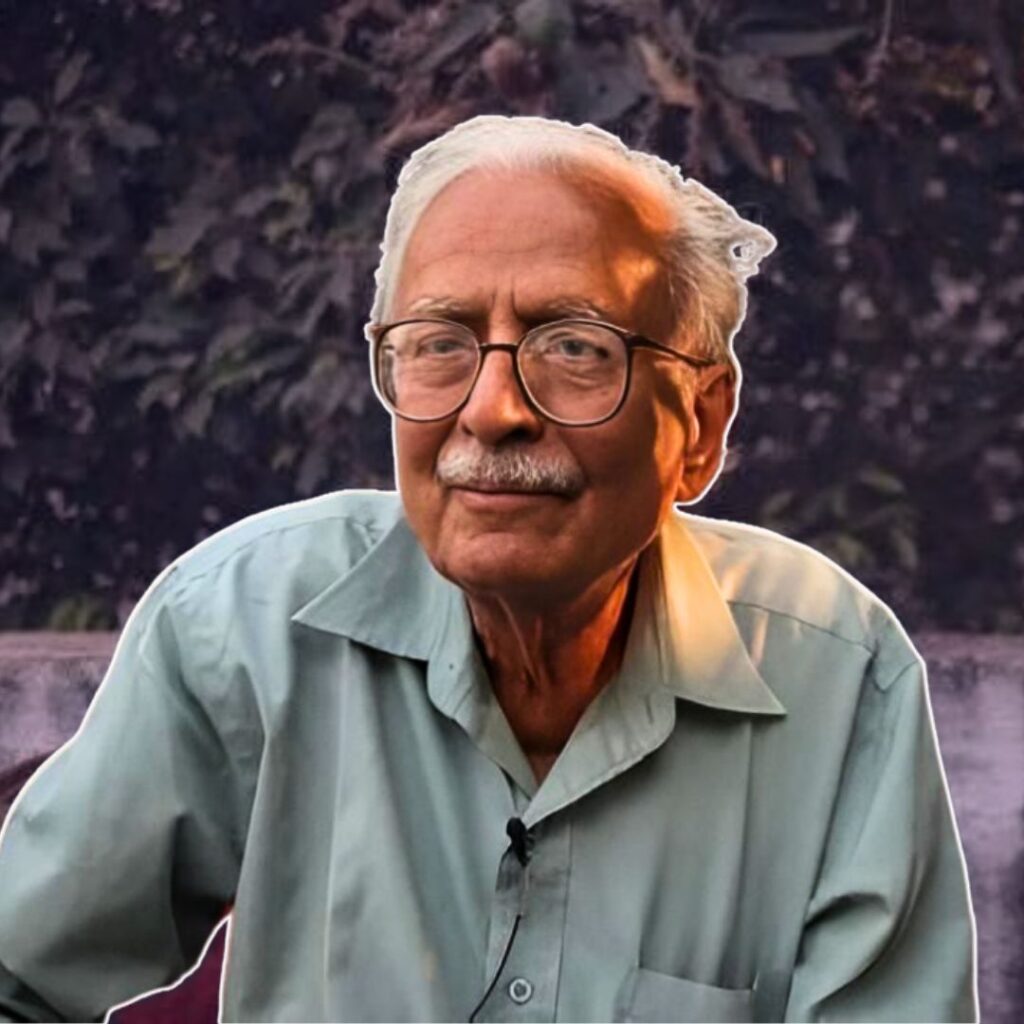Image Source: ibtimes
Dadri has come under the national spotlight for all the wrong reasons. The lynching incident has set off a vigorous national debate on secularism, religious tensions, democratic ideals and political motivations. This article is not about throwing blame on who caused the lynching; this article is about the flawed nature of the discourse that followed the lynching.
The Dadri lynching was communal in nature. There is little doubt about it. A mob composed of the majority community beat up and hurt members of the minority community after accusing them of a ‘crime’ they did not commit. Neither did Mohammad Akhlaq’s family have beef in their house nor did they deserve the fate they suffered if they had had beef in their house. This is a democracy, not a lawless land governed by mob mentality.
And while the incident had elements of sectarian politics in it, it would be illogical to ignore the religious elements of it. It was an incident of ‘Hindu vs. Muslim’ or ‘Majority vs. Minority’; one made possible by religious divides. Even today, 7 decades after independence, India is not truly secular and still suffers from religious tensions. We mustn’t avoid having this conversation just because it is uncomfortable one to have.
We must also remember that while the Dadri lynching is an important issue, it is not the personification of Indian secularism. Dadri does not symbolize the mindset of the Indian people. The mainstream media highlights the fact that a mob butchered an innocent man to death and beat up his family – they should highlight this, yes. But they should also highlight the fact that Akhlaq turned to his Hindu friend at this time of grave need, and this friend immediately alerted the police. They should also highlight the fact that Akhlaq’s Hindu and Muslim neighbours rushed to his rescue. The media should also highlight the fact that the Dadri mob does not represent Indians; they are an aberration, a group of bigots who are on the wrong side of history and on the wrong side of everything this country aspires to become.
Also, like everything these days, the Dadri incident has become political in nature. Politicians, the attention-seekers that some of them are, jumped into the controversy by either associating themselves with some of the players or making inflammatory statements. Even after this tragic incident their desire for political traction and media fame is greater than their human empathy. Only a day after the incident the headlines were hijacked by politicians blaming each other (and not suggesting solutions to ensure that such an incident never occurred again). The politicians who used the tension in Dadri and the suffering of the Akhlaq family to pander to their vote banks are – there is no other term for it – disgusting. One can only hope that these leaders don’t truly represent the sentiments of their constituents.
While debating about communalism we must accept the fact that there are fascist elements in all religious communities who want to disrupt the peace and order of our society. But they do NOT by any means represent the opinions of the rest of India. We are an incredibly diverse nation, and in spite of this we have sustained for 7 decades as one people. Countries with fewer differences in culture, language and religion have broken apart within months. A nation of 29 nations we are, with a dozen religions, a thousand languages and countless castes. But India has – and will – endure. We must never forget this, and our leaders should never stop striving to make this country a more perfect Union.











